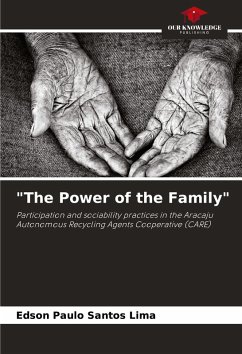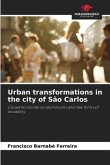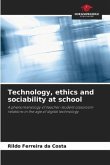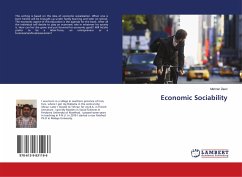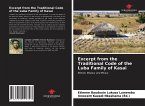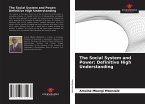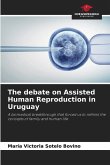This study analyses the relationships developed by the participatory and sociability practices stimulated and developed at the Aracaju Autonomous Recycling Agents Cooperative (CARE). It looks at the forms of collective action brought about by the corporate organisation of the waste pickers' class as a result of a social demand for better living conditions and social-political engagement. The measures promoted by the mobilisation of the community, stimulated by the Sergipe State Public Prosecutor's Office, resulted in the setting up of the cooperative unit in 1999, benefiting former garbage collectors from the Santa Maria neighbourhood. During the implementation of this co-operative, two aspects should be considered: the ideological and the decision-making. Looking at these aspects made it possible to analyse the dynamics of interaction and influences of interest between the political and social actors involved in this cooperative. In this sense, the elements that shape the relationship between the agents involved in this social space were problematised. Empirical data showed the existence of political and social actors linked to this co-operative who have power.
Bitte wählen Sie Ihr Anliegen aus.
Rechnungen
Retourenschein anfordern
Bestellstatus
Storno

